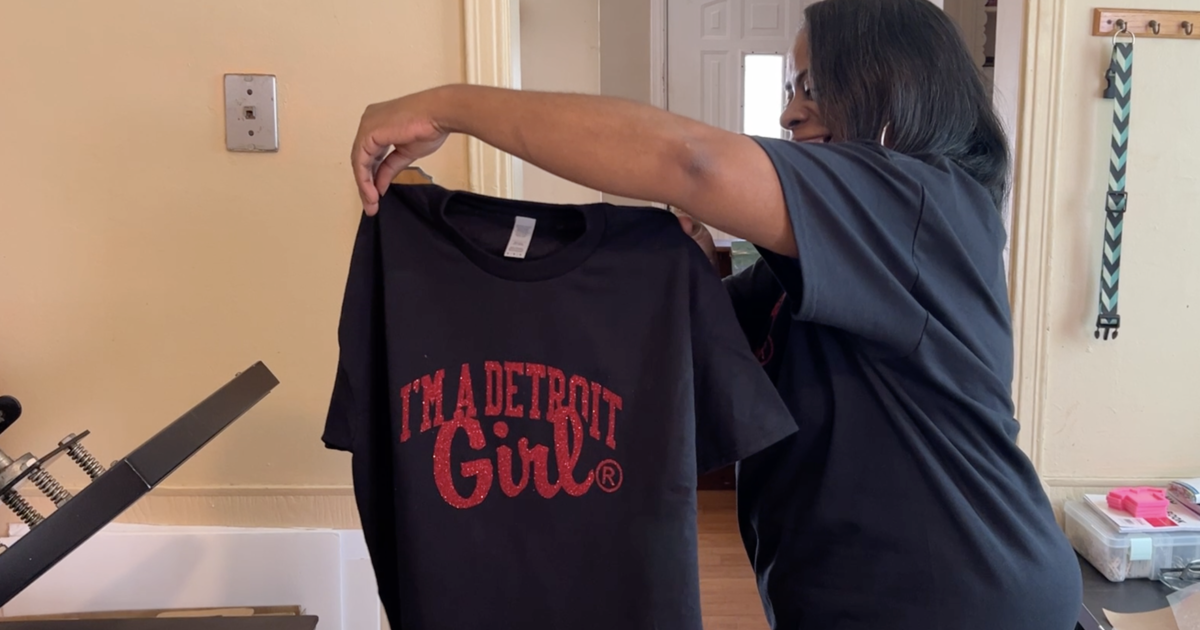MSU Works On Eliminating EV 'Range Anxiety' Through Better Batteries
EAST LANSING (WWJ) -- Like people who drive gas-powered cars, those who drive electric vehicles are always on the lookout for where they can get their next "fill up." Or, in their case, battery charge.
This so-called "range anxiety" could someday be eased a bit thanks to a team of Michigan State University researchers.
In the lab of Jeff Sakamoto, an associate professor of chemical engineering and materials science, he and his team are looking to improve upon the lithium ion battery, a rechargeable battery that works well in hybrid and plug-in hybrid vehicles, but still needs improvement for all-electric vehicles.
The challenge facing the researchers is daunting: They want to make the battery last longer, as well as cost less and have improved safety characteristics.
"We're working to create the next generation of batteries for electric vehicles," Sakamoto said. "If you want to eliminate range anxiety and sticker shock, you must have a battery that stores a lot more energy -- four or five times more and are a fourth or fifth of what the current lithium ion batteries cost today."
All batteries store power by flowing a lithium ion current between two electrodes -- a positively charged cathode and a negatively charged anode. And it's the lithium ion conducting medium between the two that make it work. In most batteries that material is a liquid. Sakamoto and colleagues are trying to determine if a solid material might be better. The class of material is referred to as superionic conductors which works as fast as a liquid, but has other advantages.
"The goal is to move away from liquid cells and toward solid state batteries that are safer, cheaper to manufacture, less sensitive to degradation at higher temperatures and more durable," Sakamoto said.
Sakamoto has always had an interest in batteries, whether they are used here on Earth or on other planets.
Before coming to MSU, he worked at Cal Tech's Jet Propulsion Laboratory, where he helped develop the batteries for the Mars rovers Spirit and Opportunity. Sakamoto's research is funded by grants from the U.S. Department of Defense and Department of Energy.



